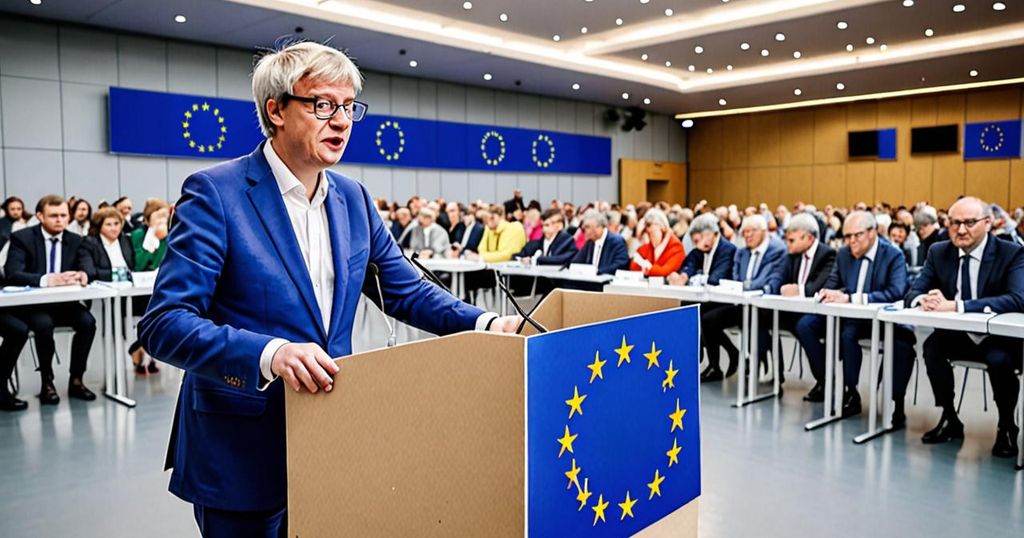The approaching European elections are poised to be a tumultuous journey for the traditional political parties. The rise of populist and nationalist movements throughout the continent poses unprecedented challenges for the political mainstream.
In nations such as Italy, Hungary, and Poland, populist parties have made significant strides in recent years, capitalizing on voter discontent with the existing state of affairs. Traditional center-right and center-left parties are grappling to uphold their dominance in the face of these emerging challengers.
The European Parliament elections, scheduled for May, will serve as a pivotal examination for these mainstream parties. With Brexit imminent and anti-EU sentiment on the upswing in certain member states, the future trajectory of the European Union hangs in the balance.
As the political landscape continues to evolve, it is increasingly evident that the traditional way of operating may no longer be viable. The ascent of social media and online news has provided a platform for previously marginalized voices, enabling fringe movements to gain traction and contest the established order.
Moreover, economic instability and immigration anxieties have fueled the growth of nationalist sentiments in numerous parts of Europe. The influx of migrants and refugees has strained resources and heightened tensions, instigating a backlash against mainstream politicians perceived as disconnected from the concerns of ordinary citizens.
In the midst of this climate of change and uncertainty, it is unsurprising that the political establishment is under pressure. Conventional power structures are being fundamentally shaken, and longstanding assumptions about the stability of the EU are being called into question.
It is imperative for voters to acquaint themselves with the issues at stake in the imminent elections. The decisions made in the European Parliament will have far-reaching implications for the future of the continent, and it is crucial for citizens to play a role in shaping that future.
While the political mainstream may be in for a challenging journey, all hope is not lost. The obstacles facing Europe also present an opportunity for new thoughts and perspectives to come to the forefront. Through engaging in open, honest dialogue and seeking common ground, it is conceivable to chart a path forward that addresses the concerns of all Europeans.
As the election draws near, it is essential for voters to contemplate the ramifications of their choices and support candidates who will strive towards a more cohesive, inclusive future for Europe. The outcome of the European elections will set the stage for the next chapter in the continent’s history, and it is up to voters to determine what that future will resemble.








